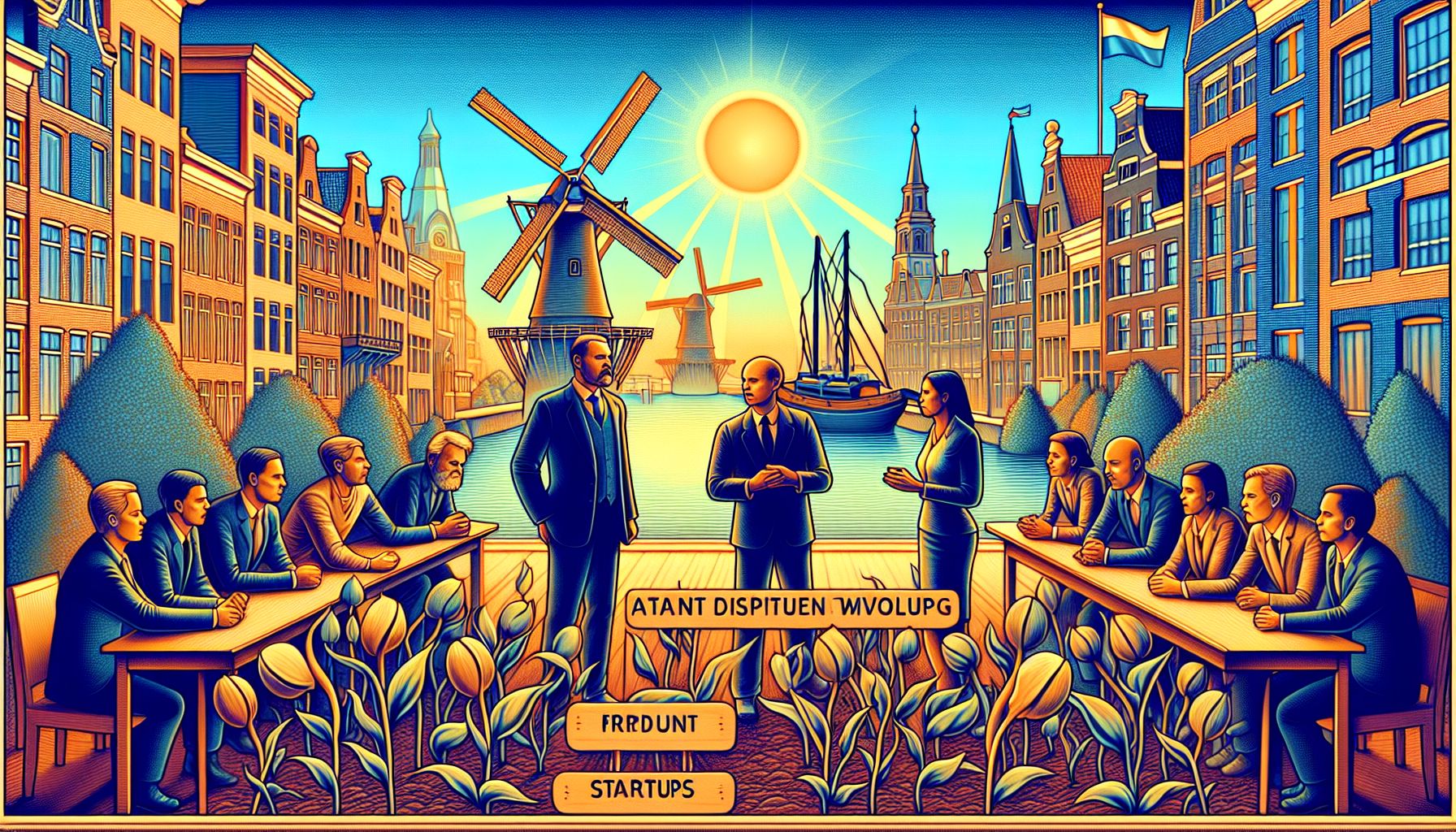ronald plasterk's patent dispute discourages startups

Former Dutch Minister Ronald Plasterk’s involvement in a patent dispute with Amsterdam UMC is raising concerns about its negative impact on entrepreneurial activities among startups in the Netherlands.
The Nature of the Dispute
The core of the dispute involves Ronald Plasterk, who, after his tenure as Minister of Internal Affairs, became embroiled in a controversy over the patenting of a cancer vaccine developed in collaboration with Amsterdam UMC. The patent, which Plasterk claimed sole ownership of, was sold to the German biotech company CureVac for €32 million. This sale has led to allegations that Plasterk excluded other contributors, namely researchers from Amsterdam UMC, from the patent application, thereby violating intellectual property rights and ethics.
Legal and Ethical Implications
The ethical and legal implications of this case are profound. Patent expert Koos Rasser has warned that the omission of co-developers from the patent application could lead to significant legal claims against Plasterk[1]. Additionally, CureVac’s pursuit of licensing rights in the U.S. could expose further inaccuracies in the patent application, potentially invalidating the patent and leading to financial and legal repercussions for Plasterk[2]. Furthermore, a criminal complaint has been filed against Plasterk for alleged document fraud related to his company’s registration, complicating his legal standing[3].
Impact on Political Career
The patent dispute has also severely affected Plasterk’s political ambitions. Initially considered a candidate for the Dutch prime ministership, Plasterk withdrew his candidacy due to mounting integrity concerns. This decision came after veteran troubleshooter Johan Remkes and other political figures, like VVD leader Dilan Yesilgöz, raised doubts about his suitability for the role, given the ethical questions surrounding his patent dealings[4]. MPs are set to debate the provisional coalition agreement drawn up by PVV, VVD, NSC, and BBB on Wednesday, which will likely address these integrity issues further[5].
Impacts on Startups and Innovation
The controversy surrounding Plasterk’s patent has broader implications for the entrepreneurial ecosystem in the Netherlands. Patent expert Ellen Crabbe emphasizes the importance of accurately listing all inventors in patent applications to avoid similar issues. She argues that disputes like Plasterk’s could discourage scientists and academics from pursuing entrepreneurial ventures, fearing legal and ethical pitfalls[6]. Additionally, universities demanding high fees or shares from startups for using their patents may further deter innovation and knowledge transfer, as noted by critics like Beers, who argue that such practices hinder the establishment of entrepreneurial universities in the Netherlands[7].
Future Outlook
Moving forward, it is crucial for academic institutions and startups to learn from this case. Ensuring transparent and fair patent practices can foster a more supportive environment for innovation. This includes proper inventor attribution, ethical management of intellectual property, and fair financial arrangements between universities and startups. Such measures will not only protect intellectual property rights but also encourage scientists to translate their research into viable commercial ventures without fear of legal retribution or ethical controversies[8].

